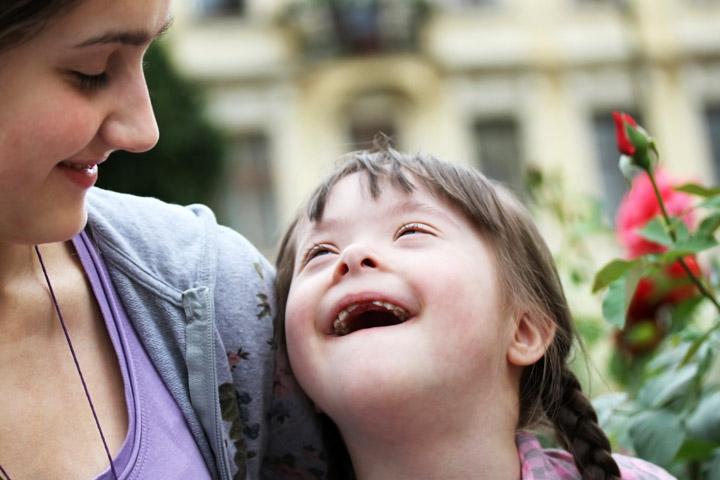Mental retardation is considered to be an intellectual disability. This pertains to an individual who has a below-average mental rate. This may also be related to a difficulty in social adjustment and learning. These are mental retardation facts that most people have to be well-accustomed of. Good thing, there has always been the right education and intervention when it comes to this illness. It will only take a matter of making the person a productive member of the community.
There are questions about intellectual disability. For instance, there are those who want to know if this is a contagious disease. Many should know that there is no truth to this claim. The disease is not in any way contagious at all. It is true though that the condition may affect the person. It may change or damage the way it develops the brain and even its neurological system. Regardless, this disease cannot be passed on from one person to the other. There is no reality to this.

Other important fact about mental retardation
Intellectual disability and mental retardation are just the same names which have one meaning. It just so happened that intellectual disability is the term used currently to mean mental retardation. With this in mind, no one should feel negatively about the term mental retardation. It just so surprising how this has meant a really pessimistic connotation. That is why there has been a need in the year 2010 by the federal government to change the said term with the current one. This is also done with the legislature of Pennsylvania in 2011. The same was also carried out.
Another confusing term involves developmental disability. The two are different though. This is an umbrella term which covers intellectual disability too. It is not limited with this inclusion though. It also encompasses cerebral palsy, autism, severe head injury and seizure disorder. This should have occurred before the person turns 22 though. There are still other developmental disabilities and these may be strictly physically, for instance, it may be blindness which started from the birth of the person. There are other individuals though who may experience both intellectual and physical disabilities. These can be obtained from physical or genetic causes.
When it comes to handling the condition, there might be a need for systematic training efforts. This is a way to manage their basic needs. Do not get this wrong because there are people in this condition who can still attend to their useful work. This may be done by them provided that they have a stable and solid support group. The idea is to establish an effective environment that would enable the person to be nurtured and cared for. This is a chance for them to adapt to various normal life patterns.
Support should be extended to people in this condition. After all, they can still learn. This only transpires in a slower rate. This has to be accepted by those who want to really lend help.